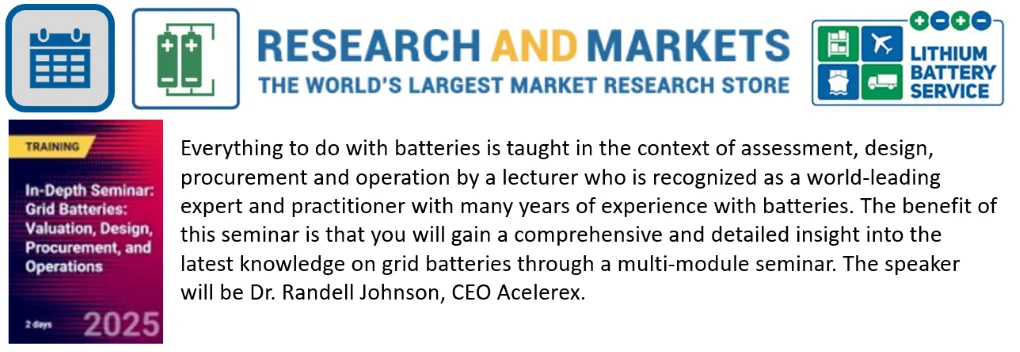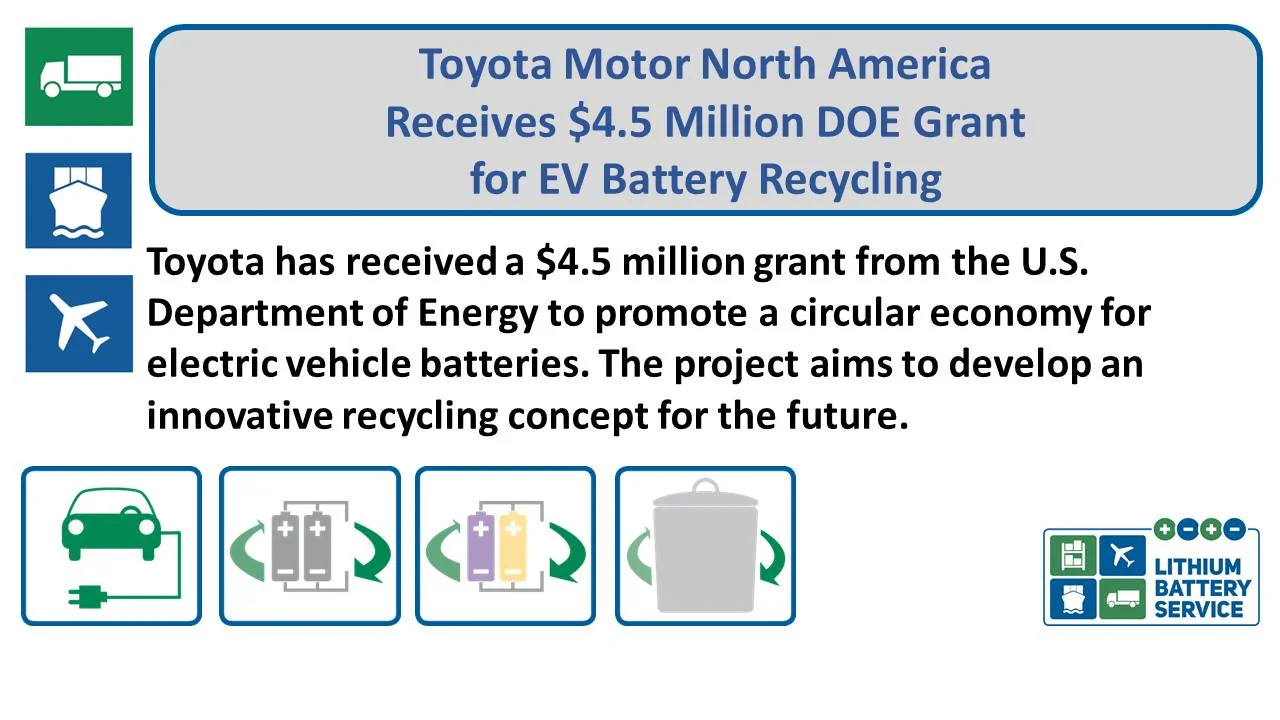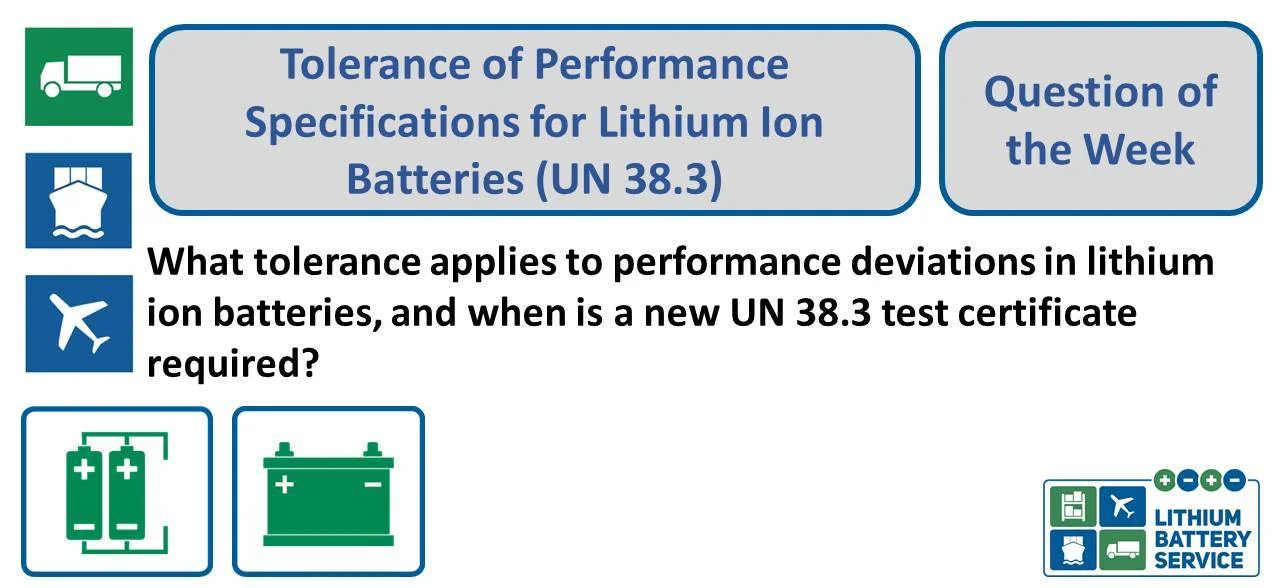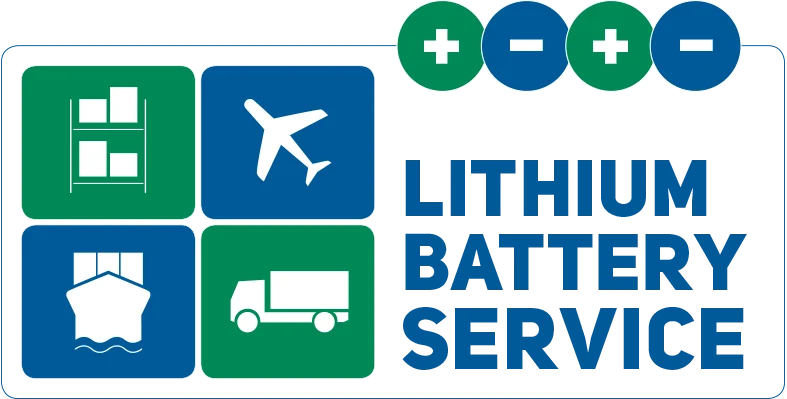Backage tracker for passenger baggage in air transport
Through an article by Christian Hensen in Stern Online published on 11. October 2022 we were made aware of a problem with Bluetooth trackers
It´s about small trinkets on passenger backage like e.g. the Apple Air Tags which allow locating your baggage via
Bluetooth.
The question that was posed is: Are those trackers allowed in passenger baggage or not? And the answer at this
moment in time is clear: NO.
The reason is:
In subsection 2.3 of the IATA Dangerous Goods Regulations for equipment containing small lithium cells or batteries
there is the following:
Source:
2.3.5.8 Portable Electronic Devices (PED) (Including Medical Devices) Containing Batteries and Spare Batteries
Under 2.3.5.8.1 at the very end it reads:
If devices are carried in checked baggage:
(a)…
(b) the device must be completely switched off (not in sleep or hibernation mode).
For equipment containing „large“ lithium cells or batteries there is the following
Source:
2.3.4.6 Lithium Battery-Powered Electronic Devices
(c) if devices are carried in checked baggage:
1. measures must be taken to protect the device from damage and to prevent unintentional activation;
2. the device must be completely switched off (not in sleep or hibernation mode).
We asked Dave Brennan from IATA regarding this. Here his answer:
“From a purely technical perspective any PED that is not completely turned off is forbidden in passenger checked
baggage. From a practical, safety perspective having a small device such as an AirTag powered by a button cell that
only has low power Bluetooth functionality that remains “on” in checked baggage poses almost zero safety or other
risk.
We are working with the FAA to develop a working paper for the ICAO DGP-WG meeting in Montreal in November
proposing that small baggage tracking devices, such as AirTags, be permitted in passenger baggage even when not
turned off.”
Until the decision of the ICAO DGP-WG and its implementation into the regulations the only way is to refrain from
carrying such trackers in passenger baggage.
More blog posts
Latest newsblog posts

In-Depth Seminar: Grid Batteries: Valuation, Design, Procurement, and Operations
April 17, 2025
Dates
All things batteries will be taught in context of valuation, design, procurement, and operations with an instructor who is recognized as a leading world expert and practitioner with many years of experience with batteries.

15. AABC Europe
April 7, 2025
Dates
Each year, AABC Europe brings together a global audience of battery technologists and their key suppliers for a must-attend week of development trends, breakthrough technologies and predictions of the market for years to come.

On-Demand Webinars: Energy - Unveiling Trends in the Battery Industry: Insights from Third-Party Testing
March 3, 2025
General
| Knowledge
The battery industry is evolving rapidly, and manufacturers, developers, and OEMs must stay informed about current trends.

Toyota Motor North America Receives $4.5 Million DOE Grant for EV Battery Recycling
March 3, 2025
General
| Knowledge
Toyota has received a $4.5 million grant from the U.S. Department of Energy to promote a circular economy for electric vehicle batteries. The project aims to develop an innovative recycling concept for the future.

The question of the week is: What tolerance applies to performance deviations in lithium ion batteries, and when is a new UN 38.3 test certificate required?
March 2, 2025
Knowledge
| Regulations
What tolerance applies to performance deviations in lithium ion batteries, and when is a new UN 38.3 test certificate required?

Large lithium battery separated into individual lithium batteries with a maximum of 100 Wh using a switch
February 27, 2025
Newsletter

The tradesperson rule also applies to safety-critical defective/damaged lithium cells and batteries
February 27, 2025
Newsletter

Training dates March 2025 2.0
February 26, 2025
Dates
We can offer you the following training dates:

WCX™ World Congress Experience Detroit, 08.-10.04.2025
February 19, 2025
Dates
Join decision-makers, engineers, and researchers shaping the future of mobility in Detroit, April 8-10.

Weiterbildungstermine März
February 14, 2025
Dates
Weitere Termine finden sie auf unserer Homepage unter "Weiterbildung"


